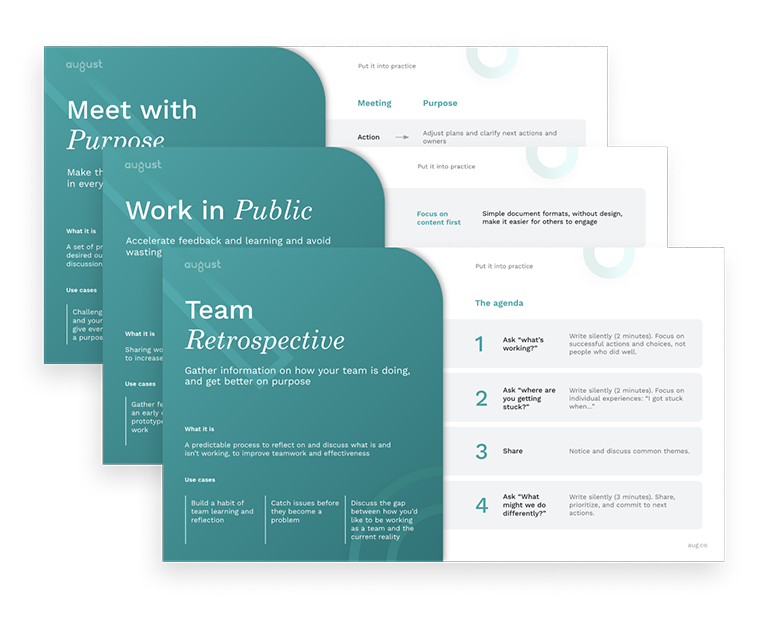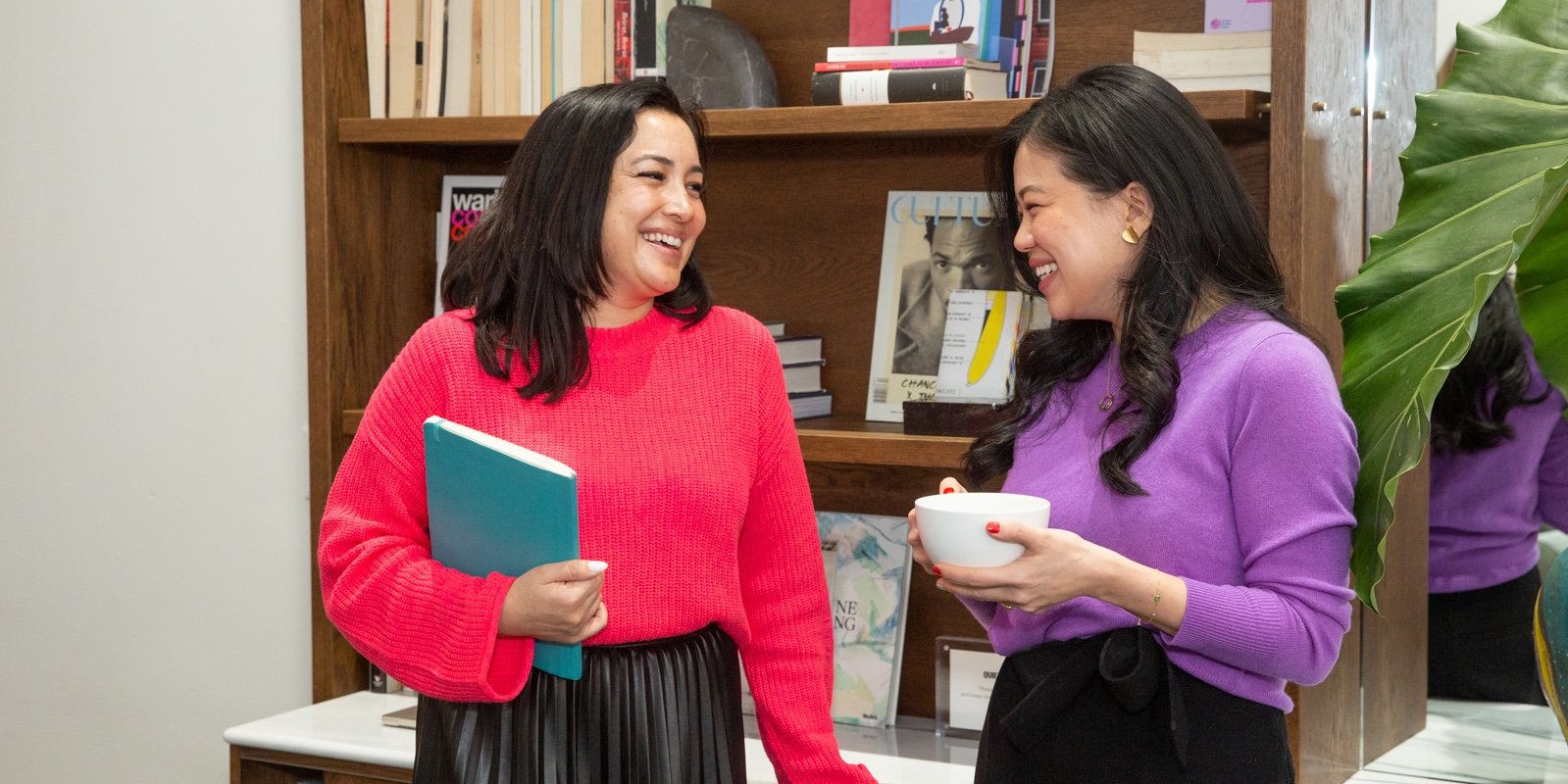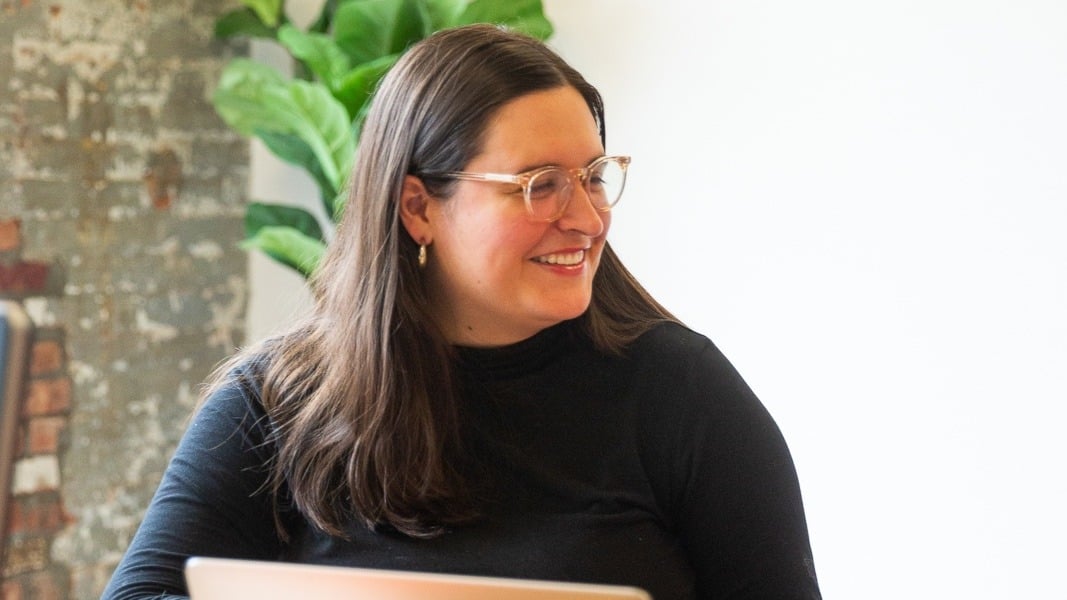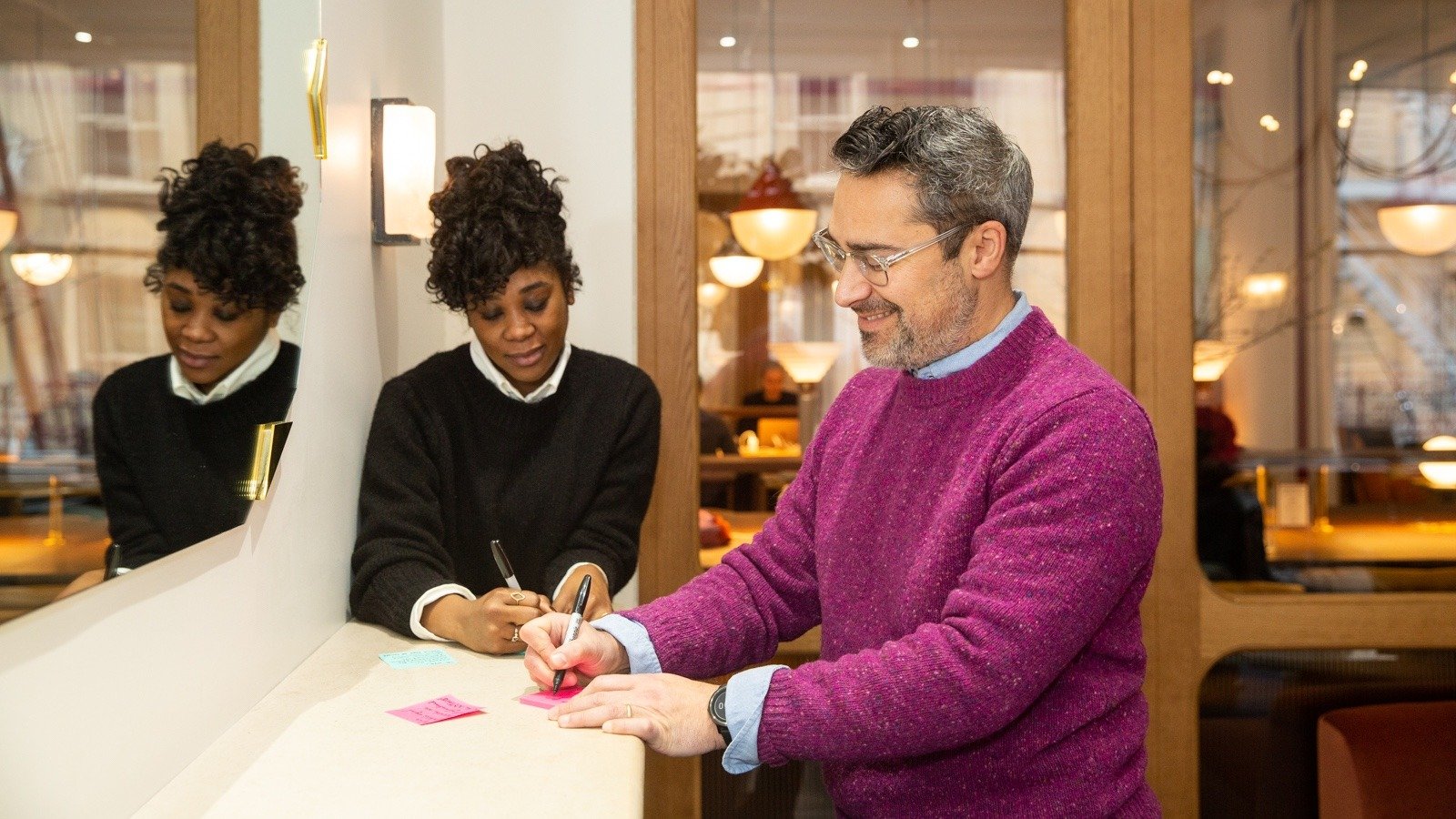Published April 10, 2024 | Updated May 20, 2024 | 6 minute read
When it comes to organizational culture design, I’m a firm believer that trust and inclusion are essential for team effectiveness at every level, including at the top of the organization.
After all, even at the highest levels of structural influence, groups of people tend to operate along default lines of hierarchy and social privilege. It’s usually not intentional, but it still has a negative impact on the team’s ability to offer meaningful support to the company.
I recently had the pleasure of speaking with two leading DEI experts on how we can build more effective cultures at the senior leadership level and above: Lori Nishiura Mackenzie, founder of the VMWare Women’s Leadership Innovation Lab at Stanford; and Barbara Adachi, who led Deloitte’s Human Capital consulting practice and its award-winning Women’s Initiative (WIN).
Lori and Barbara shared many insights from VMWare Lab’s new Board Culture Playbook, a powerful resource full of tools and practices for building more inclusive boards.
The advice in this playbook is simple, practical, and best of all, deeply relevant not just to boards of directors, but to all C-suite and senior executive teams.
Here are three of my top takeaways from my discussion with Lori and Barbara. For more, watch the full video of our conversation!
1. An effective board of directors is one where every voice is valued, even if people disagree.
A diverse board can be incredibly valuable to the organization it serves. Each director brings a unique perspective and set of experiences that may challenge status quo thinking and illuminate invisible risks, knowledge gaps or surprising opportunities.
But in order to realize the full value of each board member’s contribution, the board needs to operate in an inclusive way that encourages each member to speak up, even when their opinion contradicts the majority.
Building an inclusive board culture happens through what Lori calls a “small wins” approach to change. This approach is about identifying a discrete area or issue within the culture, and addressing them through explicit, practical shifts in norms and behaviors.
These shifts might involve establishing inclusive norms that encourage dissent and active participation from all members (13:05), or intentionally seeking different viewpoints through open-ended questions (35:20).
Each small win helps build the board’s overall culture of inclusion, in which all voices are heard and valued even if they run counter to the majority.
2. Effective boards know how to facilitate effective meetings.
Everyone in the professional world these days seems to be suffering from meeting overload. The good news is that facilitating effective meetings is a skill we can all learn and get better at. And by getting better at meetings, we can not only improve productivity and efficiency, but inclusion as well.
Why are effective meetings more inclusive? Because an effective meeting is clear in its purpose, and intentional in its engagement of participants. Effective meetings encourage active participation from each member, and use explicit practices to make sure everyone is informed and aligned. These are inclusive practices that empower equitable access and engagement for everyone.
Lori and Barbara share several tactics for effective meeting facilitation, including:
- Framing the Conversation in terms of the type of meeting and its goal, so that everyone is aligned on why we’re here and what’s expected of them. (19:00)
- Sharing an Executive Summary before the meeting, to help members target the most important information to review beforehand. (20:45)
- Focus on Strategy and Decisions. Practical work can be accomplished in other formats, like committee breakouts, remote calls, or asynchronous communications. (22:06)
For more practices for effective teaming, download our free August Starter Stacks!
3. Each director has a role to play in building an inclusive board culture.
A board’s level of inclusion boils down in many ways to each individual team member’s personal commitment to inclusive behaviors. This extends beyond the formal meeting space, and can be as simple as a personal welcome note, a private congratulation, or a respectful but genuine question about a difference of experience or perspective.
Barbara encourages directors not to wait for a prompt from leadership to start building an inclusive culture. It’s on each member of the team to build inclusion by cultivating our own genuine desire to learn more about the people we work with.
When we are intentional and proactive about fostering inclusion in our personal connections, we can set the tone for the whole board to follow.
Inclusion is crucial to team effectiveness, at every level of the organization.
I highly encourage you to watch the full conversation above or on YouTube, and to share it with anyone in your circle who might be interested.
Most of all, I recommend you explore the Board Culture Playbook for yourself. It’s full of intuitive, actionable tools for building inclusive cultures, and can be used not just by boards and senior leaders, but by teams at every level of your organization.
Guest Bios

Lori Nishiura Mackenzie is a speaker, researcher and change agent in diversity, equity and inclusion. She is co-founder of the Stanford VMware Women’s Leadership Innovation Lab, which creates impact research to understand the barriers to women’s advancement in order to build more inclusive workplaces and empower change agents. In her work, Lori fosters a “small wins” approach to change by supporting people to take bold yet doable actions. Lori’s expertise has been recognized as a 2022 LinkedIn Top Voice in Gender Equity, a BBC’s 100 Women in 2017, and in the award-winning documentary, bias. Her work has been published in the Harvard Business Review, The New York Times, Inc., Fast Company and the Inc. In 2020, Lori was awarded the CEDAW Human Rights Award, Education, from the San Francisco Department on the Status of Women. She is also on the advisory board at August Public!
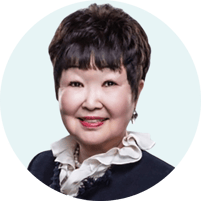
Barbara Adachi is a senior consulting executive with extensive experience in business transformation and human capital strategy, talent management, and business operations, including mergers and acquisitions. Focused on growth and innovation, Barbara built and scaled consulting practices in 3 different organizations, including Deloitte Consulting. From 2010 to until her retirement in 2013, Barbara was the National Managing Director for Deloitte's Human Capital consulting practice. She also served as the National Managing Principal for Deloitte LLP’s award-winning Women’s Initiative (WIN) from 2007 to 2012. In this role, she built on the notable foundation of WIN, which Deloitte started 22 years ago, to drive marketplace growth and innovation through diversity. During her tenure, Deloitte LLP received its second Catalyst award in 2010, which honors organizations that have implemented groundbreaking strategies and programs to advance women.

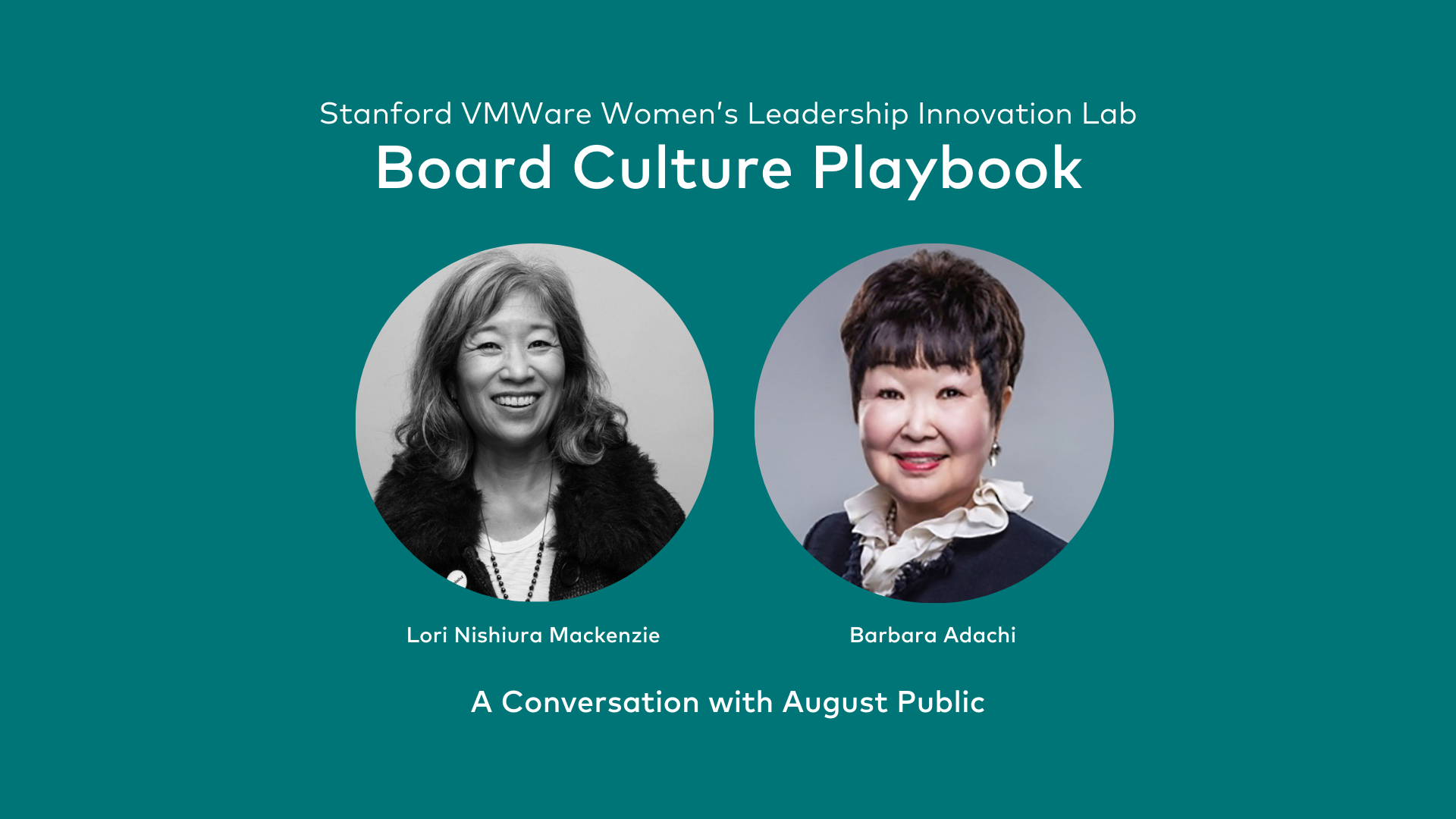
.jpg)


